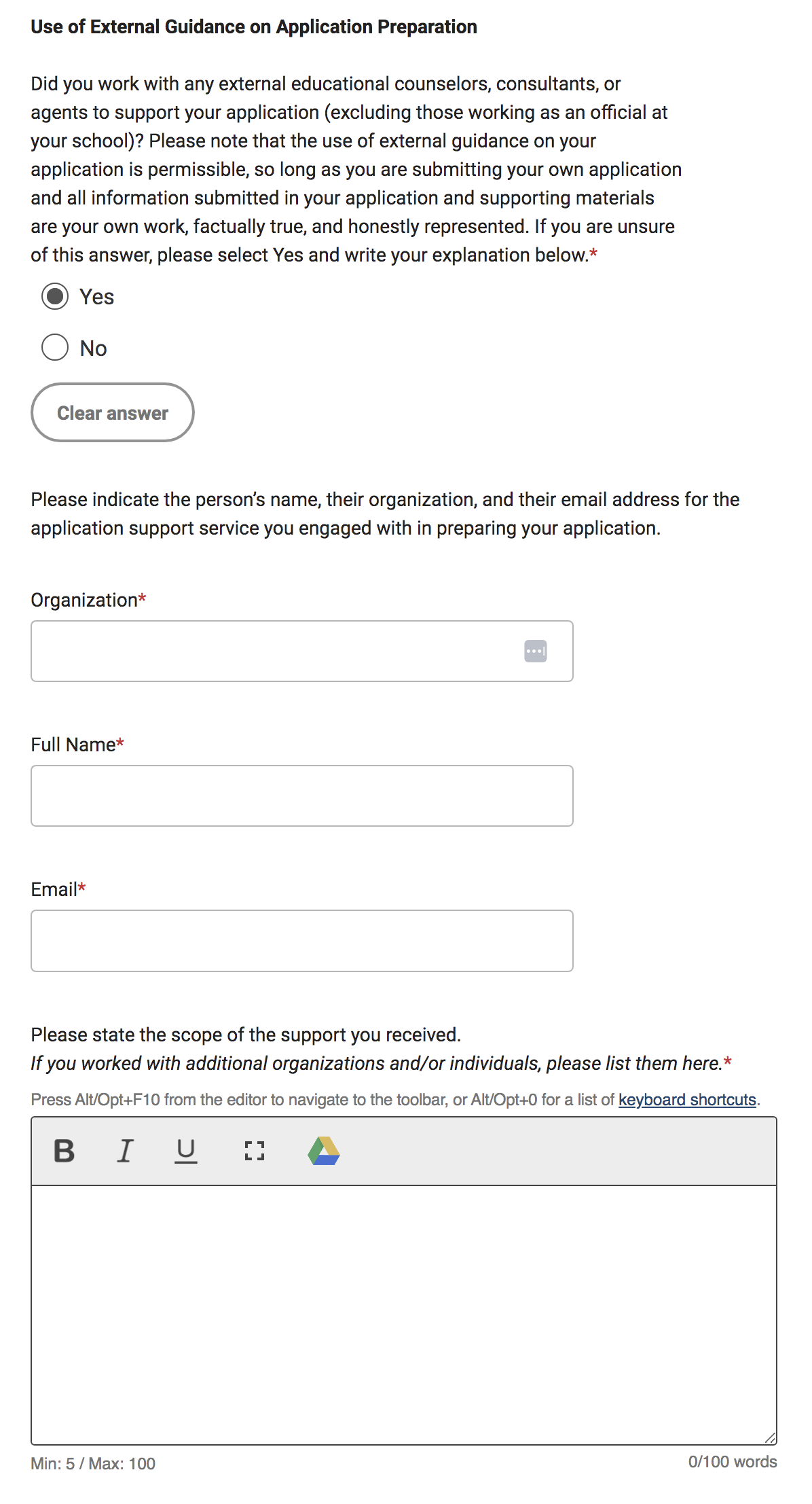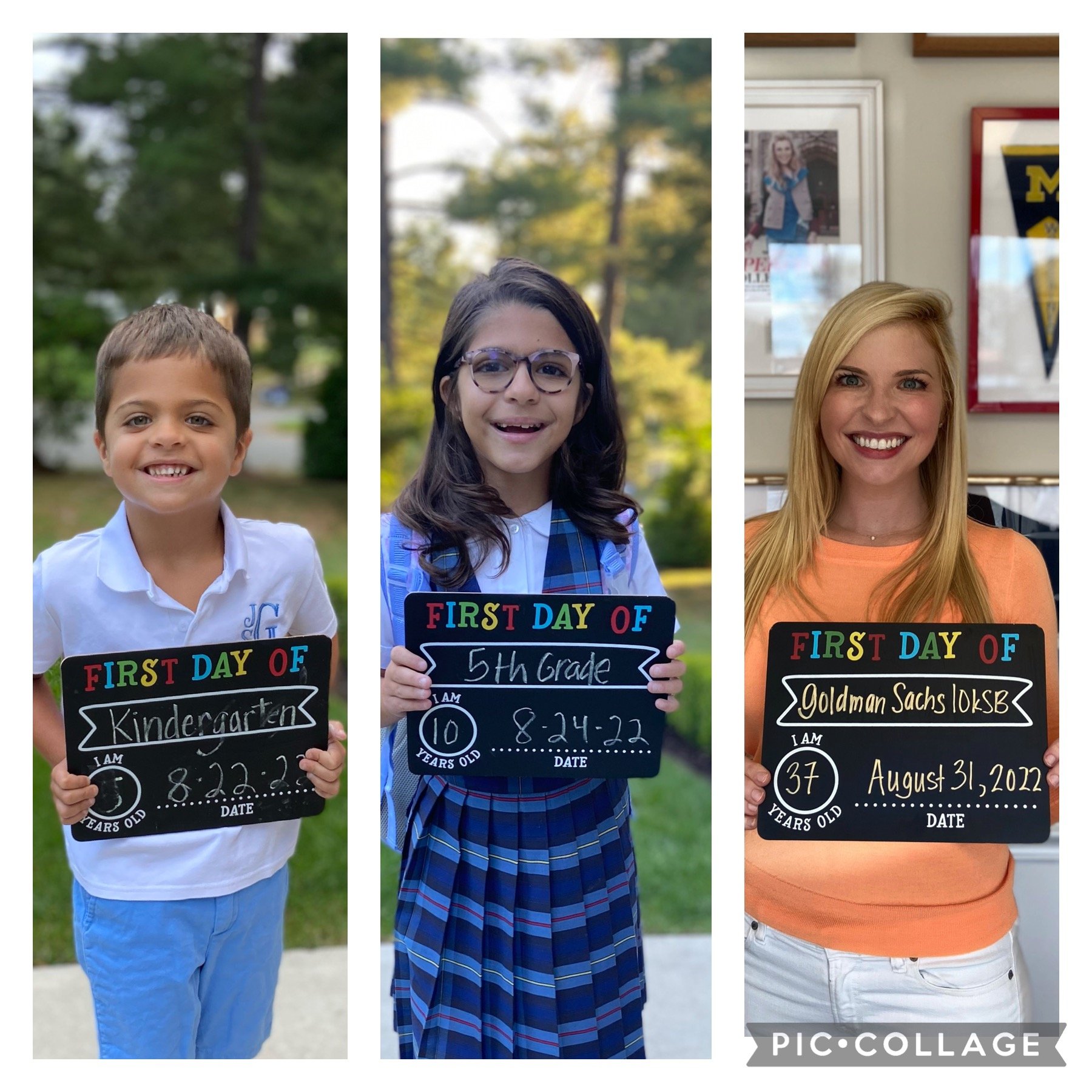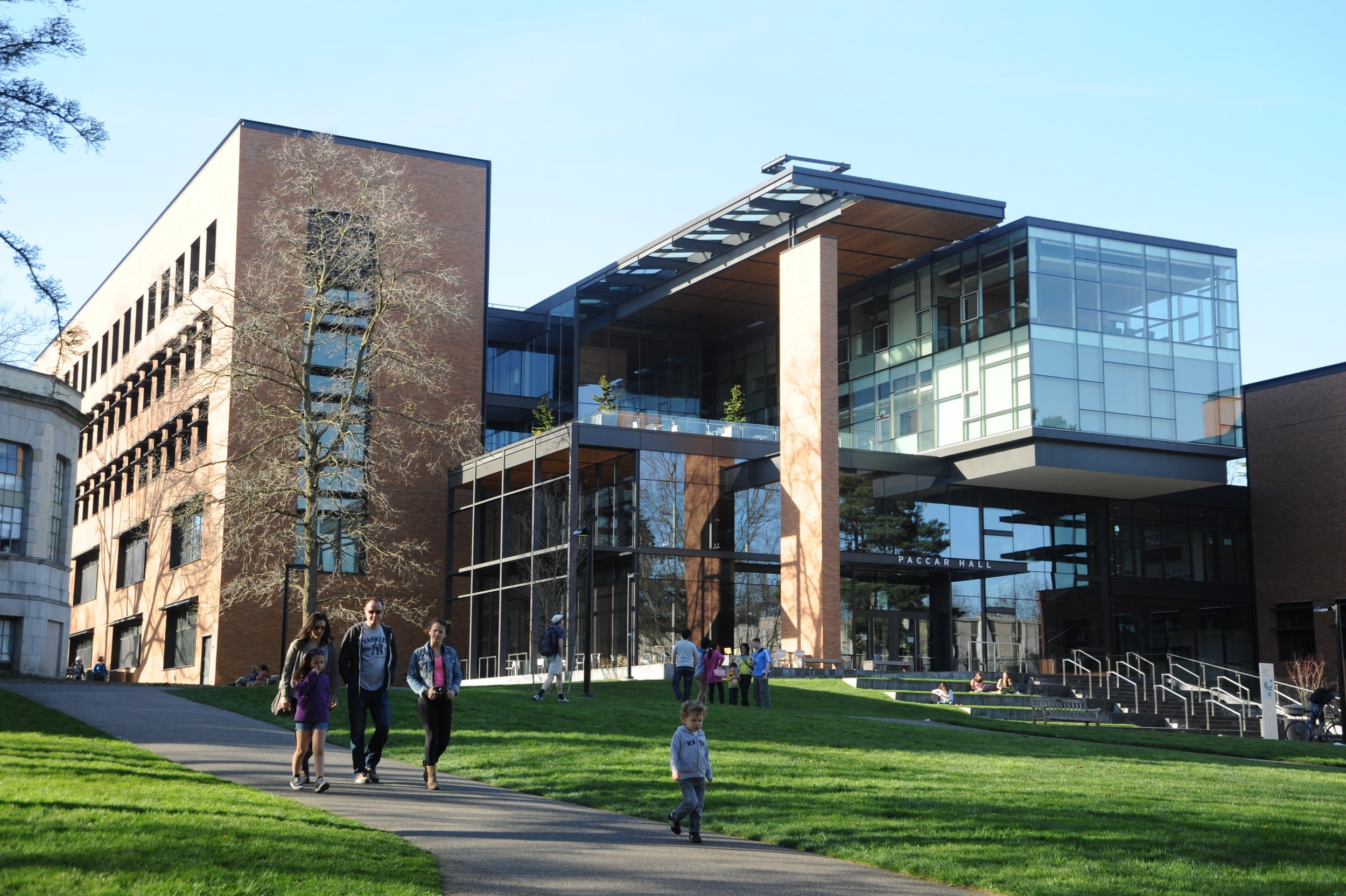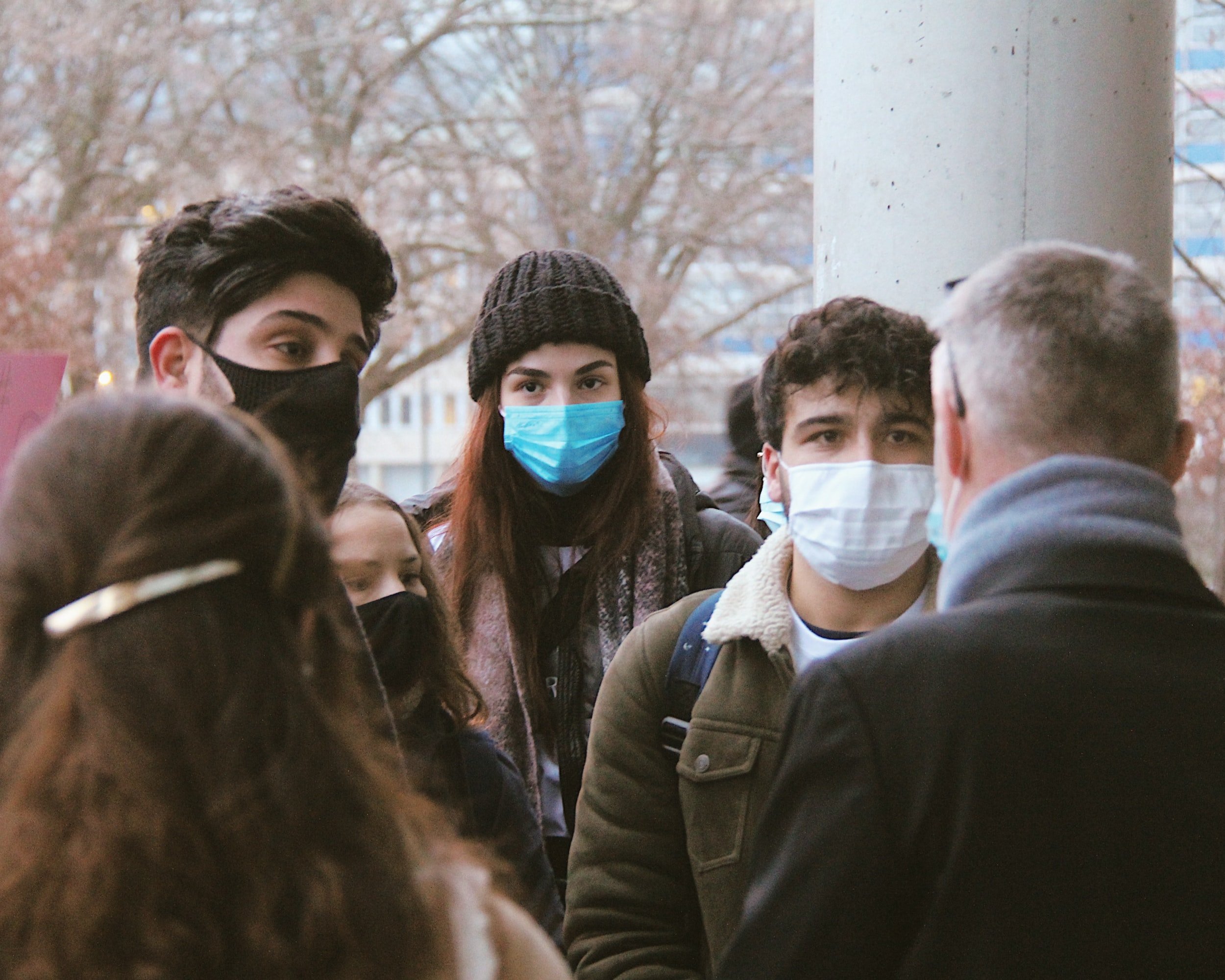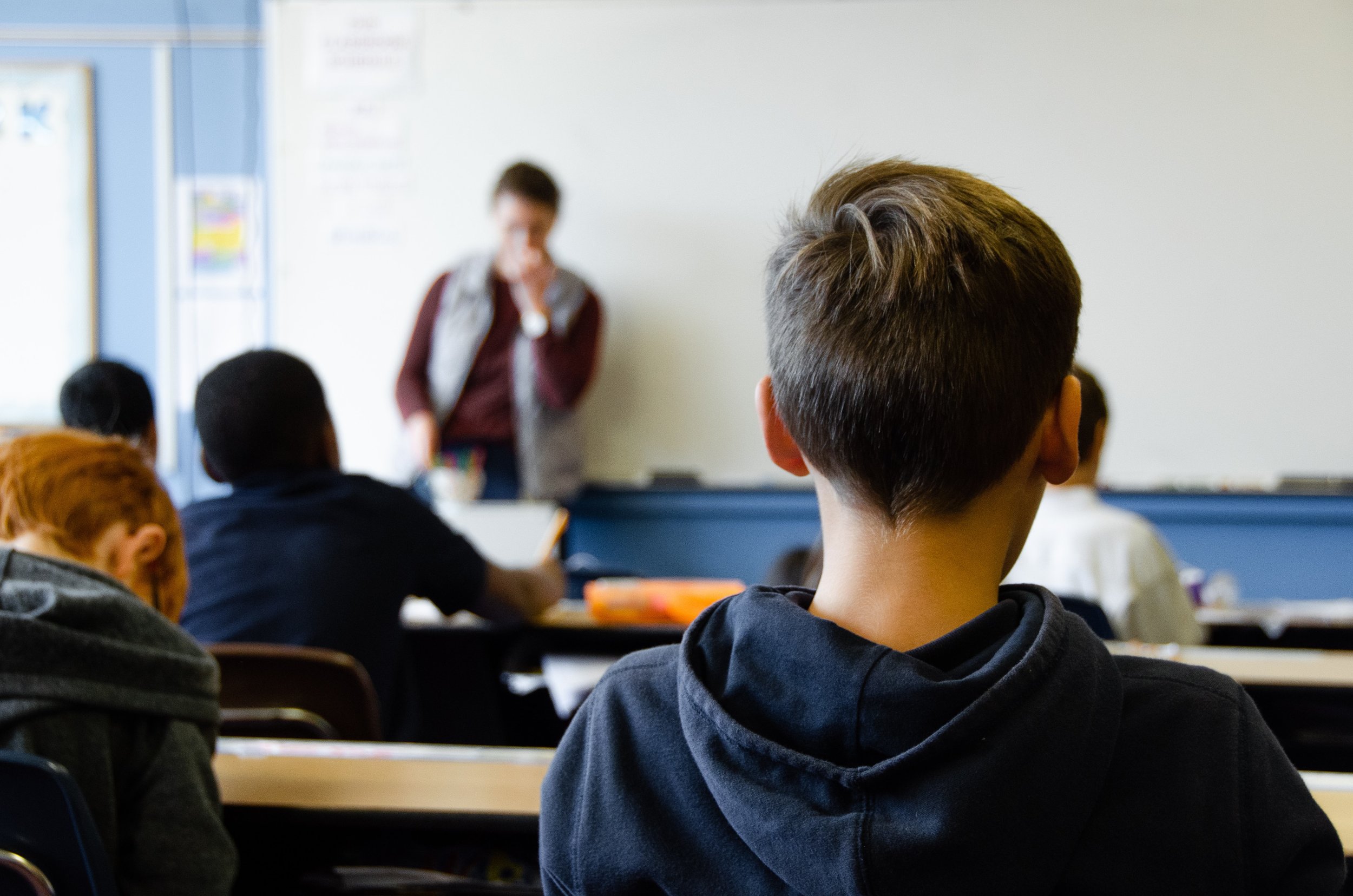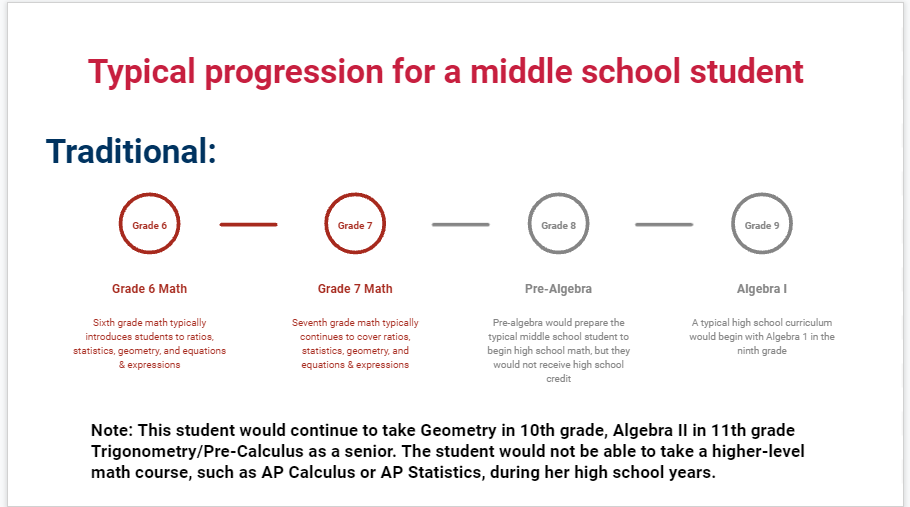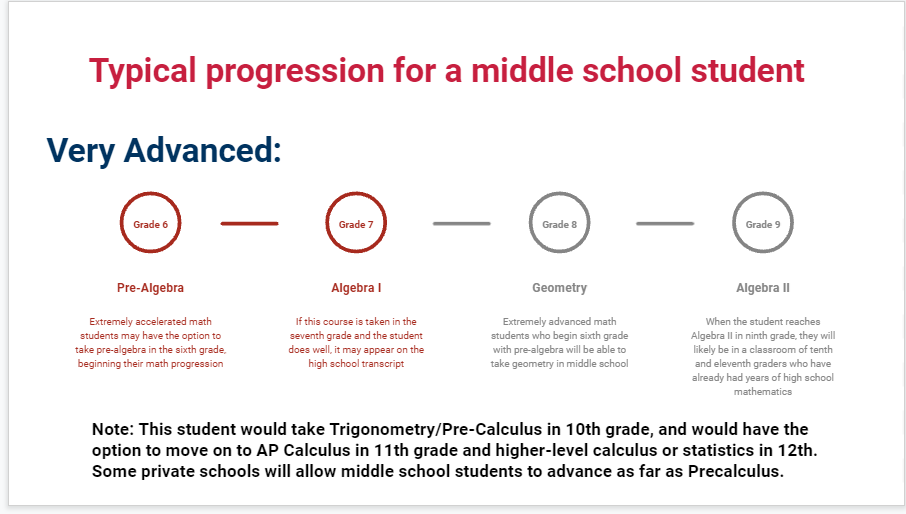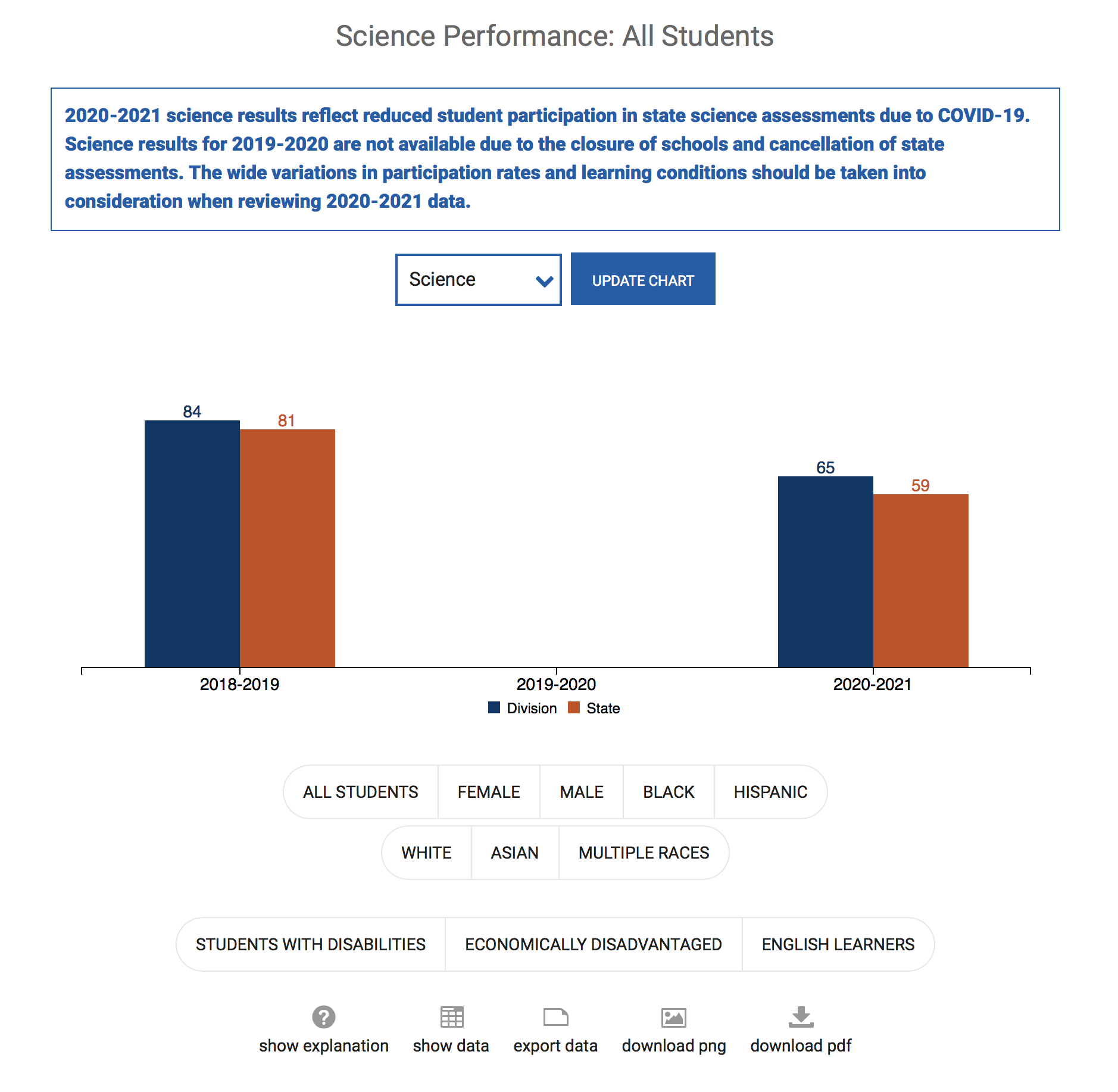As we pore through the Common App® to capture all of the changes in the 2023-2024 application, I wanted to draw attention to a few in particular that stood out!
LaFAYETTE’S STANCE ON ACTIVITIES
I actually really admire this! Lafayette has made the decision to only review a student’s first six activities on the Common Application® instead of all ten. The idea is to be straightforward with students about their preference for quality over quantity when it comes to extracurricular involvement - they want students to be “deeply invested” in what matters most to them. While this is supposed to make things more equitable across income levels, and it will, I think this is really helpful for ALL students. I am so tired of watching teenagers feel overwhelmed and exhausted, doing things they don’t want to do, just so they can write them down on college applications. As a mom, it is painful to watch. I hope other schools follow Lafayette’s lead here!
NYU’S QUESTION ABOUT ASSISTANCE
NYU has added a question to their supplement about external guidance in the application process, and this threw everyone for a loop! As always, I would recommend being honest. There is nothing wrong with using an independent educational consultant - just as there’s nothing wrong with using an SAT tutor! However, I do think this is where it (really) helps to be using an organization that is vetted. NYU wants to make sure that the next Rick Singer isn’t running the show!
For what it’s worth, the counselors in our office are members of IECA - the Independent Educational Consultants Organization. We have an EXTREMELY strict code of ethics that goes well beyond expectations for most professionals in other industries. For example, we would never, ever accept any type of referral fee for directing a student to a third-party professional or organization, like an SAT tutor or summer program. Beyond agreeing to abide by this code of ethics, you can’t just sign up to become an IECA member - you have to qualify based on a certain number of college visits in recent years; professional references; experience; a certain number of students advised; and more. Because of this, colleges and universities have great relationships with IECA members - NYU itself held a private informational session just for IECA consultants! Anyway, I share all of this to point out that it’s important to let NYU know that you are working with an IECA member.
I would advise our clients to write something like this: “Because [I am the oldest child in my family/ my school does not provide individualized college guidance/ my parents are unfamiliar with the college admissions process today/ my parents didn't go to college in the United States/ etc] my parents and I felt that we could benefit from professional guidance with the college search and application process. I worked with Colleen Paparella, a professional member of IECA. Colleen and her team helped me narrow my college preferences to find the right fit; provided guidance on ways to determine which of my interests would translate to an intended major; advised me on course selection; and more. More recently, they helped review and edit my application materials. Every piece of information and aspect of my application is my own work, factually true, and honestly represented.”
SO MANY ESSAY PROMPT SHIFTS
Wow - there have been an incredible amount of changes when it comes to supplemental essays! Colleges are clearly trying to work within the boundaries set by the Supreme Court in order to get a sense of the ways that students have been shaped by their backgrounds. Harvard and William & Mary, in particular, are ones that stand out to me as very different this year!
LOTS OF AI/CHAT GPT ACKNOWLEDGMENT
Institutions ranging from the College of Charleston to Georgia Tech (and plenty more!) have added snippets to their supplements about the use of AI to generate essay content. Stay away from this! Remember, even the “good” AI-generated essays are not actually good, because there’s no way for a student’s voice to come through! Plus - by sharing these types of cautionary messages in the applications, these schools are actually TELLING students that they are watching for this type of thing. And they are! Any attempt to get pass their filters is not going to be effective and will ruin years of your hard work. Do the right thing from the start and create your own content!
We’re still working our way through these applications, and we look forward to sharing more thoughts and guidance with our students in all of our August meetings!



